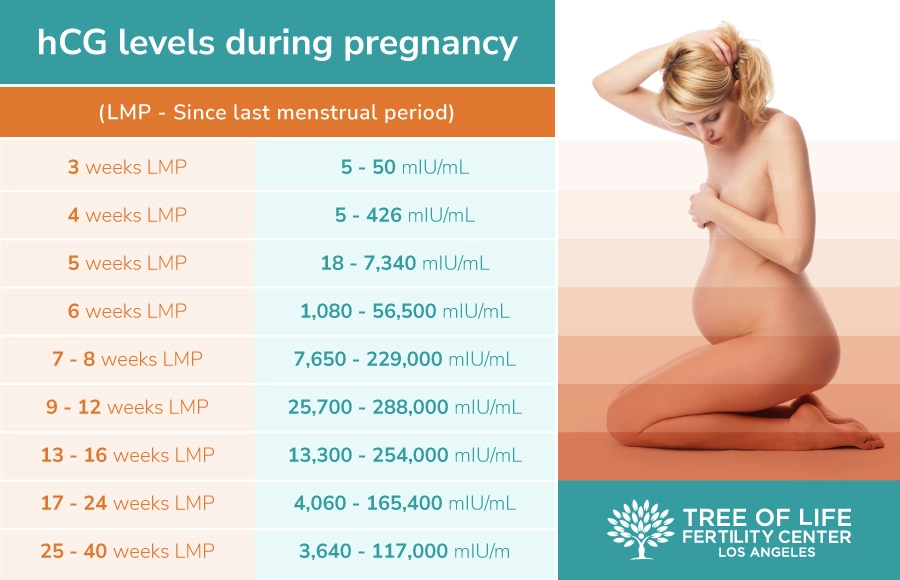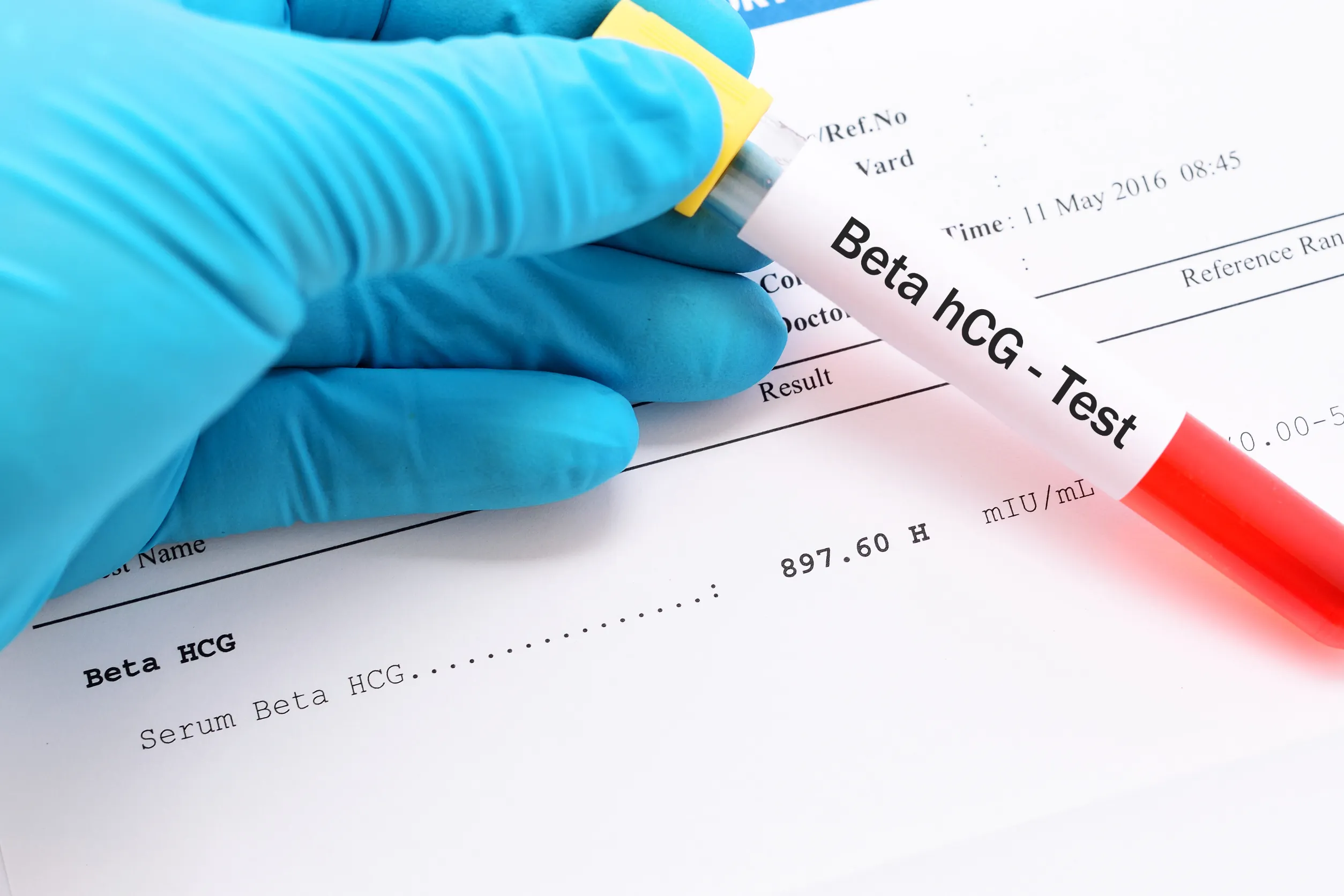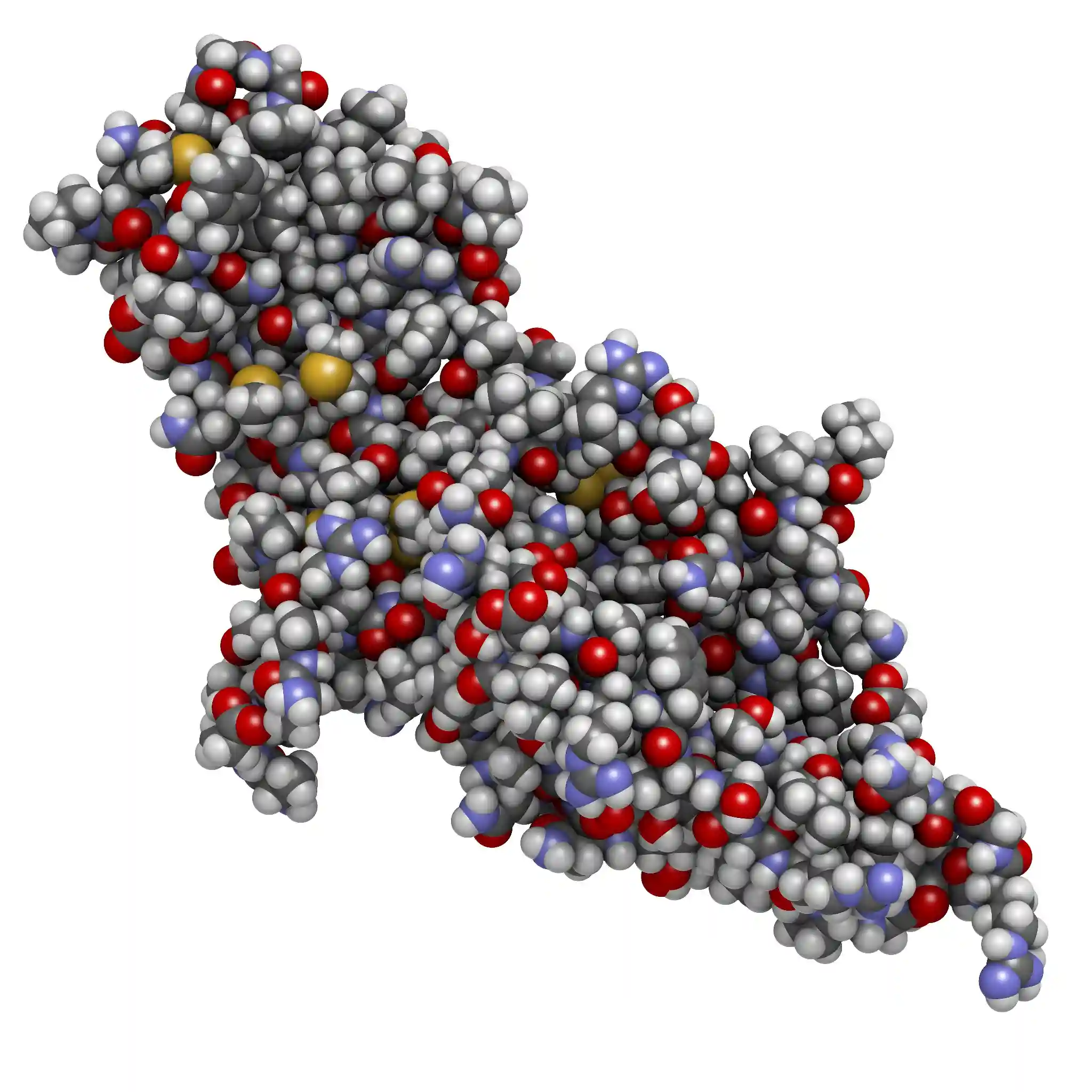Human chorionic gonadotropin
(hCG) – All You Need To Know

Human chorionic gonadotropin (hCG) is a hormone that plays a crucial role in pregnancy and fertility. Produced by the placenta after implantation, hCG is responsible for maintaining the function of the corpus luteum, which produces progesterone to support the early stages of pregnancy. In addition to its role in pregnancy, hCG is also used in fertility treatments to trigger ovulation in women undergoing assisted reproductive technologies such as in vitro fertilization (IVF). This hormone serves as an essential marker in pregnancy tests and is monitored closely during early pregnancy. Understanding the functions and significance of hCG is vital for individuals navigating the journey of fertility and pregnancy.
What is hCG?
Human chorionic gonadotropin (hCG) is a hormone produced by the placenta during pregnancy. hCG production starts shortly after a fertilization of an egg after the developing embryo attaches to the uterine lining. hCG helps maintain the production of important hormones in the ovary like progesterone and estrogen, which are essential for the progression of pregnancy and development of the embryo.hCG is also the same hormone that pregnancy tests detect in a woman's urine or blood to determine if she is pregnant. hCG has been also used in fertility treatments to stimulate ovulation in women and to help increase sperm production in men. In such a role the hCG substitutes LH, another hormone that has very similar properties to it.What I Need to Know About My hCG Levels during pregnancy?
Human chorionic gonadotropin (hCG) levels can provide valuable information about a pregnancy. Some key points to keep in mind regarding hCG levels are:- Normal hCG levels vary widely. During early pregnancy, hCG levels can range from 5 to 425 mIU/mL in the first week after conception, and then double approximately every 48-72 hours, reaching a peak around 8-11 weeks. Thereafter, hCG levels decline and plateau for the rest of the pregnancy.
- Home pregnancy tests detect hCG in urine, while blood tests can measure the exact amount of hCG. A positive result typically appears when hCG levels reach 15-20 mIU/mL or higher. Serum blood tests can detect lower levels of hCG, making them more sensitive than urine tests.
- While hCG levels can provide some insight into the viability of a pregnancy, they should not be the sole determining factor. A single hCG measurement alone does not provide a complete picture. Instead, healthcare providers often monitor the change in hCG levels over time, along with other tests and examinations, to evaluate the progress of pregnancy.
- Abnormally low or slow-rising hCG levels may be a sign of an abnormal pregnancy, such as an ectopic pregnancy or the risk of miscarriage. Further evaluation and monitoring are necessary.
- Abnormally low or slow-rising hCG levels may be a sign of an abnormal pregnancy, such as an ectopic pregnancy or the risk of miscarriage. Further evaluation and monitoring are necessary.
- Extremely high hCG levels might suggest a molar pregnancy, a rare condition where abnormal tissue grows in the uterus instead of a viable embryo.

hCG levels week by week
A common question is what are the normal levels of hCG during pregnancy. The truth is that hCG levels can vary widely among individuals, and the progression of hCG levels is often more important than the absolute values. Here is a general guideline of hCG levels by week after the last menstrual period (LMP).These ranges are approximate and can vary significantly between individuals. They might depend on other factors such as the body mass index of the person. In early pregnancy, hCG levels typically double every 48-72 hours, reaching their peak around 8-11 weeks, after which they gradually decline and plateau for the rest of the pregnancy.
How are hCG levels measured? By a blood test?
Yes, human chorionic gonadotropin (hCG) levels are typically measured through a blood test. hCG is a hormone produced by the placenta during pregnancy. It can be detected in the blood or urine of pregnant women, and its levels can help determine the health and progress of a pregnancy.Qualitative hCG blood test
This test provides a yes or no answer, as to whether hCG is present in the blood, indicating whether a woman is pregnant or not. It is similar to a home pregnancy urine test but can detect hCG earlier in the pregnancy.Quantitative hCG blood test (also called beta-hCG)
This test measures the specific value of hCG present in the blood. It can provide more detailed information about the pregnancy, such as the aproximate gestational age of the fetus, and the possibility of multiple pregnancies (twins, triplets, etc.). It can also be used to monitor the progress of the pregnancy, as hCG levels should increase during the first trimester, peak around 8-11 weeks, and then level off for the rest of the pregnancy.Is a High hCG Level a Good or a Bad Thing?
A high hCG level is not inherently bad, but it may indicate certain conditions that require further investigation and monitoring. Miscalculation of pregnancy dates - If the date of conception is miscalculated, hCG levels may appear higher than expected for the gestational age.Multiple pregnancies - High hCG levels can be a sign of a multiple pregnancy, such as twins or triplets, as each developing placenta produces hCG.Molar pregnancy - A molar pregnancy is a rare condition where abnormal tissue grows in the uterus instead of a viable embryo. It is associated with extremely high hCG levels and requires medical intervention.Gestational trophoblastic disease - This is a group of rare tumors that involve abnormal growth of cells inside a woman's uterus. High hCG levels can be a marker for these conditions, which may or may not be cancerous. This is fortunately rare.It's important to remember that a single hCG test doesn't provide a complete picture of a pregnancy's health.What Does a Low hCG Level Mean?
A low hCG level can have various meanings, and it is essential to consider the context of the pregnancy and the progression of hCG levels over time.If the date of conception is miscalculated, the hCG levels may appear lower than expected for the gestational age. In this case, it may simply be that the pregnancy is at an earlier stage than was initially thought.An ectopic pregnancy occurs when the fertilized egg implants outside the uterus, usually in the fallopian tube. Low or slow-rising hCG levels can be an indicator of an ectopic pregnancy, which requires immediate medical attention.Low or declining hCG levels can be a sign of a miscarriage or a threatened miscarriage. In these cases, further evaluation and monitoring are necessary.Low hCG levels may also indicate potential problems with the development of the pregnancy, such as poor placental development or a non-viable pregnancy.Should I Test My hCG Levels Regularly?
For most women, regular hCG testing is not necessary during a normal pregnancy. But, in certain situations, fertility specialists may recommend monitoring your hCG levels.If you have had previous miscarriages or an ectopic pregnancy, your healthcare provider may suggest monitoring your hCG levels in the early stages of pregnancy to ensure the pregnancy is progressing as expected. Monitoring of an early pregnancy typically includes measurements of other hormones such as progesterone.Women who have undergone fertility treatments, such as in vitro fertilization (IVF), may need to have their hCG levels monitored to confirm and track the progress of the pregnancy.If you experience complications, such as bleeding or severe pain, your healthcare provider may order hCG tests to help assess the situation and determine the appropriate course of action.
What Can I Expect with hCG Levels After a Pregnancy Loss?
After a pregnancy loss, such as a miscarriage or an ectopic pregnancy, hCG levels in the body will start to decline.hCG levels will not immediately drop to zero following a pregnancy loss. Instead, they will decline gradually over time. The rate at which hCG decreases can vary depending on factors like how far along the pregnancy was and individual hormonal variations.Your fertility specialist may recommend monitoring your hCG levels until they return to non-pregnant levels (typically below 5 mIU/mL). This process can take anywhere from a few days to several weeks, depending on the individual and the specifics of the pregnancy loss.Once hCG levels have returned to non-pregnant levels, the menstrual cycle will typically resume. It may take a few weeks to a couple of months for your period to return after a pregnancy loss.Your doctor may advise waiting until hCG levels have returned to normal and you have had at least one normal menstrual cycle before trying to conceive again. This can help ensure that your body has had time to heal and recover.What Can Interfere With My hCG Levels?
Several factors can interfere with hCG levels, potentially leading to inaccurate results in pregnancy tests or misinterpretations of the pregnancy's progress.Some fertility medications, such as those containing hCG for ovulation induction or luteal phase support, can cause elevated hCG levels and result in a false positive pregnancy test. Inform your doctor about any medications you are taking, as they may affect your hCG levels.When using a home pregnancy test, diluted urine can lead to a false negative result, as it may contain lower concentrations of hCG. To obtain the most accurate result, it is generally advised to take the test with the first morning urine when hCG levels are more concentrated.Different pregnancy tests have varying levels of sensitivity to hCG. Some tests can detect lower levels of hCG than others. Using a test with a higher sensitivity might not detect an early pregnancy, leading to a false negative result.Expired or improperly stored pregnancy tests can produce inaccurate results. If you are not following the test instructions correctly, that can also lead to false results.In some cases, low or slow-rising hCG levels can indicate an ectopic pregnancy or a miscarriage. It is essential to consult with a healthcare provider to evaluate these situations further.Although rare, errors in laboratory testing can also lead to inaccurate hCG levels.


